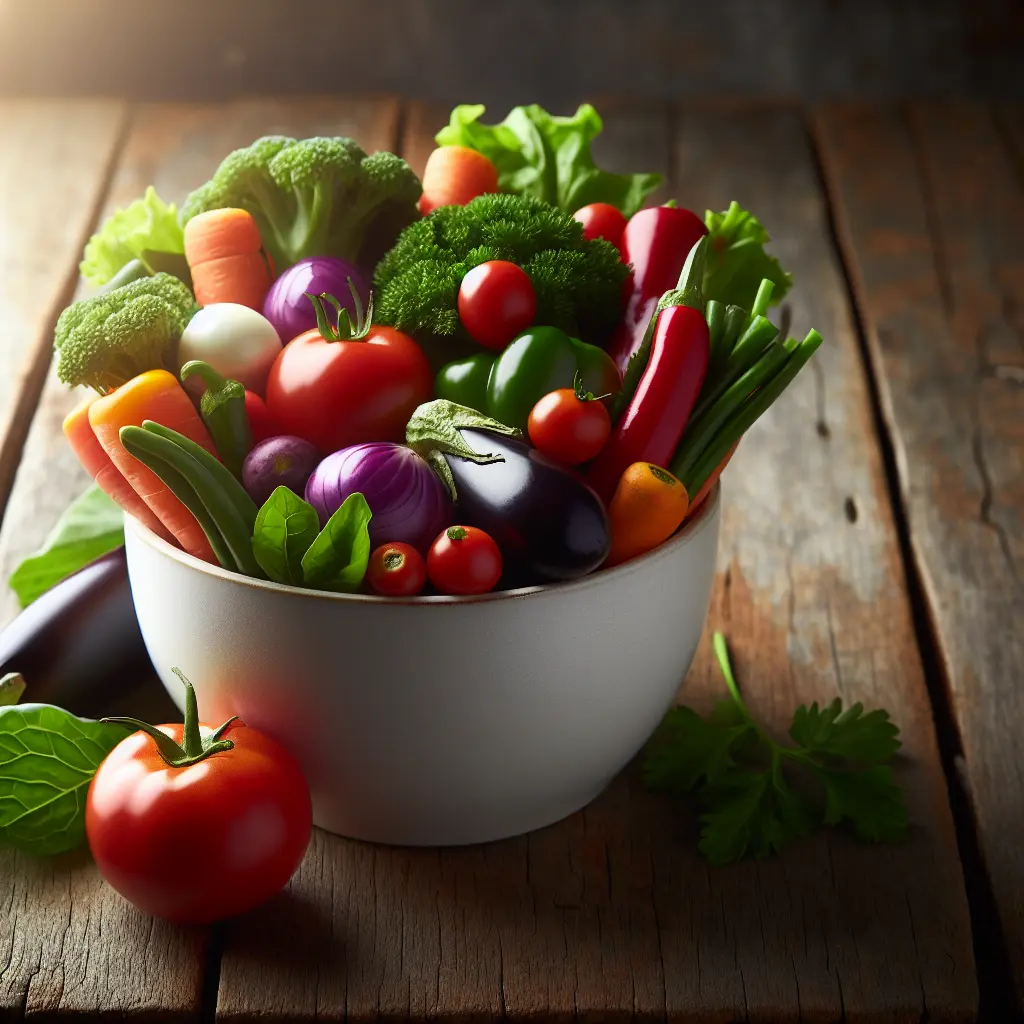The Power of Veggies: A Nutritional Powerhouse
Veggies are an essential part of a healthy diet, providing an array of vitamins, minerals, and fiber. They are low in calories and fat, and high in fiber, which can help you feel full and satisfied after eating. Veggies are also a good source of antioxidants, which can help protect your cells from damage.
Nutritional Value of Veggies
One cup of veggies contains:
- Calories: 45
- Protein: 2.4 grams
- Fat: 0.5 grams
- Carbs: 9.7 grams
- Fiber: 4.2 grams
- Sugar: 3.7 grams
Health Benefits of Veggies
Eating veggies has been linked with a number of health benefits, including:
- Reduced risk of chronic diseases: Veggies are a good source of antioxidants, which can help protect your cells from damage. This can help reduce your risk of developing chronic diseases such as heart disease, stroke, and cancer.
- Improved weight management: Veggies are low in calories and fat, and high in fiber. This can help you feel full and satisfied after eating, which can lead to weight loss or maintenance.
- Better digestion: Veggies are a good source of fiber, which can help keep your digestive system moving smoothly. This can help prevent constipation and other digestive problems.
- Stronger bones and muscles: Veggies are a good source of calcium and vitamin K, which are essential for bone health. They are also a good source of potassium, which is important for muscle function.
- Improved mood: Veggies are a good source of folate, which is a B vitamin that is important for mood regulation. Eating veggies has been linked with a reduced risk of depression and anxiety.
How to Add More Veggies to Your Diet
There are many ways to add more veggies to your diet. Here are a few tips:
- Add veggies to your meals. You can add veggies to almost any meal, including breakfast, lunch, and dinner. Try adding a side of veggies to your eggs in the morning, or adding a cup of veggies to your salad at lunch. You can also add veggies to your sandwiches, wraps, and pizzas.
- Snack on veggies. Veggies make a healthy and satisfying snack. Try keeping a bowl of cut-up veggies in the fridge so you can snack on them throughout the day.
- Juice veggies. Juicing veggies is a great way to get a concentrated dose of nutrients. You can juice any type of veggie, but some of the most popular options include carrots, celery, and spinach.
Veggies are a delicious and nutritious way to improve your health. By adding more veggies to your diet, you can reap the many health benefits they have to offer.
How many calories are in Veggies?
Each 1 cup of Veggies contains 45 calories.
Veggies Nutritional Information
| Nutrient | Amount per 1 cup (140g) |
|---|---|
| Calories | 45 Calories |
| Protein | 2.4g |
| Fat | 0.5g |
| Saturated Fat | 0.1g |
| Cholesterol | 0mg |
| Carbohydrates | 9.7g |
| Dietary Fiber | 4.2g |
| Sugar | 3.7g |
| Sodium | 0.043mg |
| Potassium | 0.2951mg |
| Calcium | 0.046mg |
| Iron | 0.0007mg |
